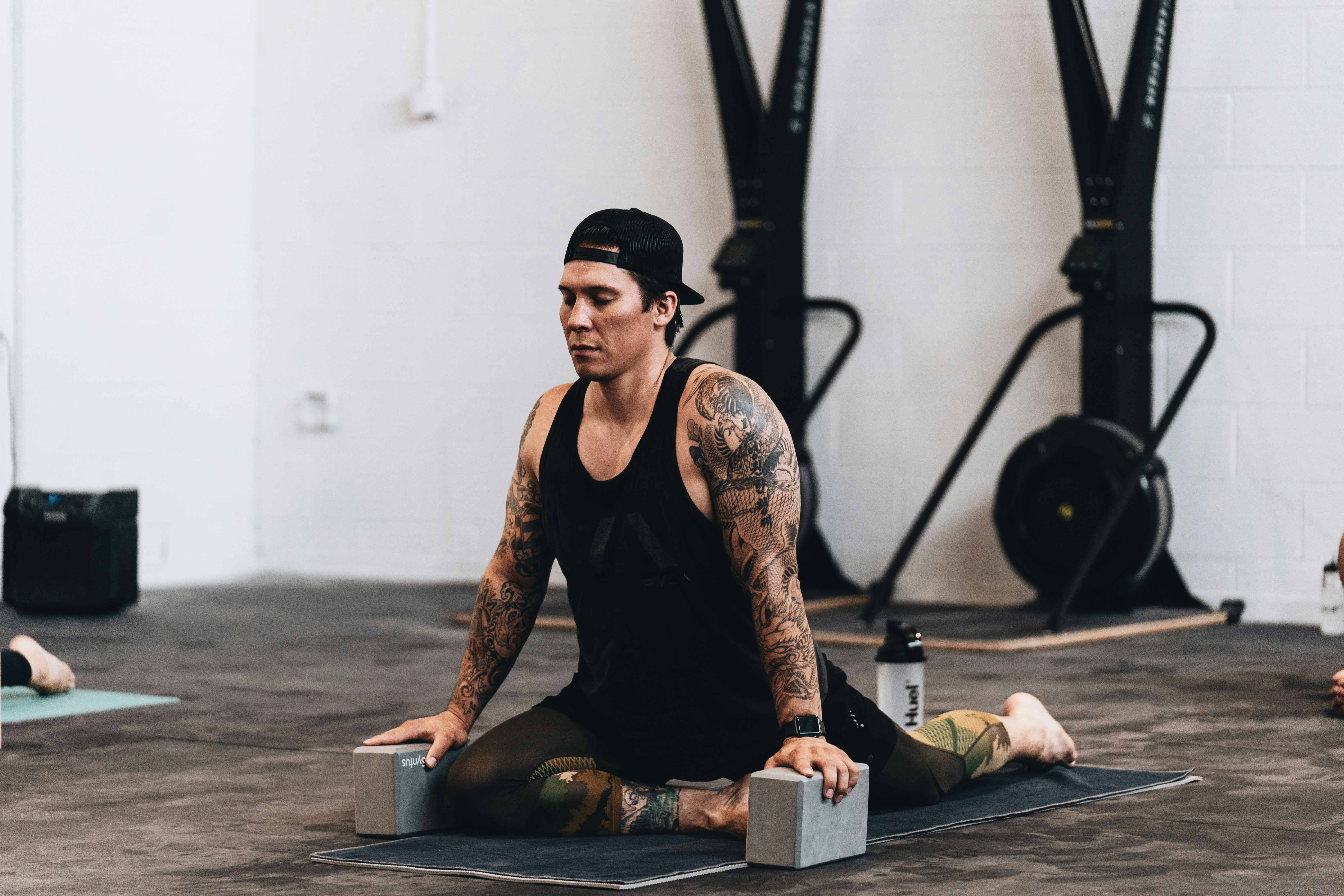Practice
How Yoga Affects the Brain

When I first stepped onto a yoga mat, I was looking for physical exercise and a bit of stress relief. What I found instead was a profound shift that reached far deeper than muscles and flexibility. Over time, I became fascinated with how yoga affects the brain. My journey through daily practice and research has opened my eyes to the incredible ways yoga can reshape our mental and emotional landscapes.
Experiencing Immediate Mental Changes Through Yoga
In those early days of yoga practice, it was clear that something more than physical change was happening. I found myself reacting differently to the small frustrations that used to hijack my day. Waiting in traffic, dealing with difficult conversations, or managing a heavy workload no longer stirred up the same anxiety and impatience.
I started wondering exactly how yoga affects the brain to cause these noticeable differences. Science supports what I was feeling: regular yoga practice helps reduce overactivity in the brain’s stress circuits, making us calmer and more resilient even in challenging moments. What began as a simple routine quickly grew into an essential part of my emotional toolkit.
Diving into the Science Behind How Yoga Affects the Brain
One of the most compelling discoveries for me was learning about neuroplasticity — the brain’s innate ability to rewire itself in response to experience. Practicing yoga trains the brain to create new, healthier patterns of thought and behavior.
Personally, I began to notice that old habits of negative thinking and self-criticism were slowly giving way to self-compassion and optimism. Yoga wasn’t just making me more flexible physically; it was fostering a more adaptable, resilient mind, showing firsthand how yoga affects the brain in everyday life.
Lowering Stress Hormones and Creating Balance
Before incorporating yoga into my routine, I often felt like stress was an uncontrollable force in my life. Understanding how yoga affects the brain helped me realize that it’s deeply tied to our hormonal balance, particularly cortisol, the hormone associated with stress.
Through consistent breathing exercises, mindful movement, and meditation, I experienced a tangible decrease in feelings of overwhelm. My sleep improved, my energy levels balanced out, and I felt an overall sense of peace that seemed to radiate outward into all areas of life.
Strengthening Emotional Resilience Through Yoga Practice
One of the biggest ways I’ve seen how yoga affects the brain is through changes in my emotional regulation. Yoga deeply influences the limbic system, including the amygdala and hippocampus, which govern emotions and memory.
There were moments on the mat when powerful emotions bubbled up without warning. These experiences taught me that yoga provides a safe space for emotional processing, helping the brain develop healthier ways of handling stress, sadness, and even joy. Over time, I found that I could acknowledge my feelings without being ruled by them — a monumental shift that made navigating everyday life much easier.
Building Stability Amid Emotional Challenges
Thanks to regular practice, emotional turbulence no longer throws me off course as it once did. By physically grounding myself in poses and mentally grounding myself in breath, I’ve trained my brain to stay present even in the midst of difficult emotions. The shift in emotional resilience is one of the most personal and powerful demonstrations of how yoga affects the brain.
Sharpening Cognitive Skills with Breath and Flow
If you had told me that simple breathing exercises could enhance brainpower, I would have been skeptical. However, as I explored more pranayama techniques, I noticed that my ability to concentrate sharpened remarkably.
By focusing on the breath, the mind naturally becomes more disciplined. Breathwork stimulates the prefrontal cortex, which plays a major role in decision-making and attention span. Whether I’m tackling a creative project or simply trying to stay present in a conversation, yoga’s impact on my cognitive functions continues to be profound.
Mindful Movement as Mental Training
The physical aspect of yoga, while beautiful and strengthening, also offers a kind of moving meditation that trains the brain in focus and patience. When flowing through a vinyasa sequence or holding a balancing posture, complete mental attention is required.
This daily practice of concentrating deeply on my body’s movements has carried over into other parts of my life. From work meetings to personal relationships, my capacity to listen, observe, and respond thoughtfully has noticeably improved. Every mindful transition on the mat strengthens the brain’s ability to stay engaged and present off the mat as well.
How Yoga Affects the Brain Over a Lifetime
Looking at the research surrounding long-term yoga practitioners, it’s clear that the benefits extend far beyond the momentary feelings of peace after class. Studies show that regular yoga practice leads to increased gray matter density, especially in brain regions responsible for memory, learning, and emotional control.
Realizing how yoga affects the brain over time has motivated me to treat my practice as a lifelong journey. Knowing that I am actively supporting my cognitive health and emotional well-being with each session gives my yoga time even deeper meaning.
A Daily Commitment to Mental and Emotional Wellness
Yoga is no longer just an exercise routine for me — it’s an act of self-preservation and mental nourishment. Whether I have a full hour to practice or just a few minutes to breathe deeply and stretch, every moment spent in mindfulness feels like a small investment in my future brain health.
Over the years, I’ve come to see yoga not as something I “have to do” but something I get to do — a daily ritual that strengthens my mind, heals old wounds, and builds emotional and cognitive resilience from the inside out.
Conclusion
Reflecting on my personal experience, I am constantly amazed at how yoga affects the brain in such profound and lasting ways. From reducing stress and fostering emotional resilience to enhancing focus and promoting long-term brain health, the practice offers a complete system for mental and emotional transformation.
Yoga has taught me that true strength isn’t just about physical prowess but also about mental clarity, emotional balance, and inner peace. Every breath, every pose, and every moment of mindful stillness continues to reinforce the incredible truth of how yoga affects the brain — and I am so grateful to be walking this beautiful, endless path.











